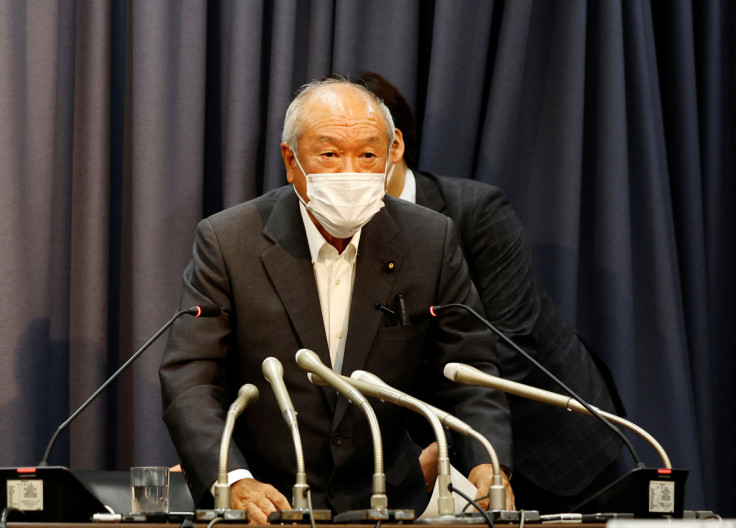Japan Ready To Take 'Decisive' Steps On Yen - Finance Minister

Japan stands ready to take "decisive" steps in the foreign exchange market if excessive yen moves persist, Finance Minister Shunichi Suzuki said on Monday, in a new warning against investors selling off the currency.
"It's important for currencies to move stably as sharp and one-sided moves are undesirable," Suzuki told a news conference after a cabinet meeting, referring to recent sharp falls in the yen.
"We intervened the other day and we have said we would take decisive steps as needed. There's no doubt this has guarded against speculative moves," he said.
The remarks did little to prevent the yen from weakening further. The dollar briefly rose to 145.40 yen later on Monday, marking the highest level since Japan intervened in the currency market to prop up the yen on Sept. 22.
"There's no change to our stance that we will take decisive steps in the currency market as needed," Suzuki told reporters after the dollar's rise to the daily high.
Japan spent up to 2.8 trillion yen ($19.34 billion) intervening in the foreign exchange market last month to slow the yen's decline when it fell to a 24-year low near 146 to the dollar.
Excessive currency moves, whether up or down, make it difficult for Japanese firms to plan their business, policymakers say.
The head of Japan's biggest business lobby, Keidanren, hailed the government's action against speculative yen moves.
"It was meaningful for the government to show its will, not to leave speculative moves unattended, although such action won't be taken so frequently," Keidanren head Masakazu Tokura told reporters.
Asked about the large size of intervention, Suzuki said the amount was decided by taking comprehensive factors into account.
($1 = 144.7700 yen)
Copyright Thomson Reuters. All rights reserved.




















